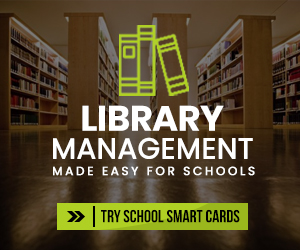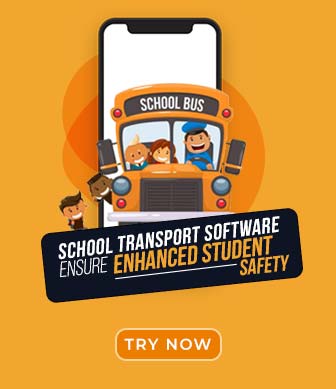Categories(658 Blogs)
Select Category
Watch Right Now
Teacher App - Class
Schedule & Attendance Management App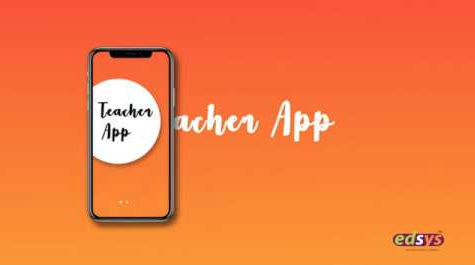
Parent App from Edsys

Best School Bus Tracking System

Cashless School - For Smart Schools of Tomorrow
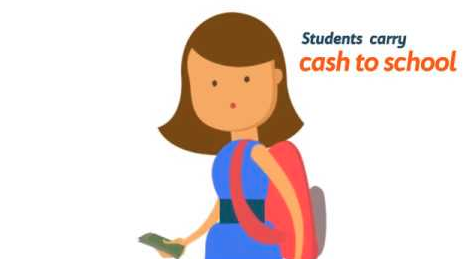

How Teachers Can Help a Child Struggling With Reading
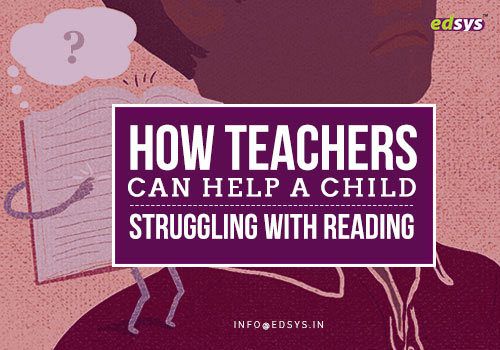
Several students often suffer from limited reading capabilities. Students who find it challenging to grasp basic reading skills may find education very difficult later on in life.
It is absolutely necessary that every student be able to read proficiently by a certain age.
Primary and middle school teachers are crucial in this fight against reading handicaps, as it is at this age that students begin to read complex sentences. Students must be counseled and analyzed to get to the base of their reading difficulties.
A few things teachers can do to enhance reading skills in children are:
Encourage Them to Read Books with their Families

Reading abilities are greatly enhanced when practiced with family. It doesn’t have to be something difficult: Just an ordinary book can do.
If the kid’s parents read passages out loud during a reading session, the students will gain an idea about the right pronunciation styles.
Most people learn to speak and read with their families. If you are able to recreate that effect, even during middle and high school stages, where they huddle around with their families and read, it can be a tremendous boost to increase their reading skills.
Helping Kids with their Vocabulary
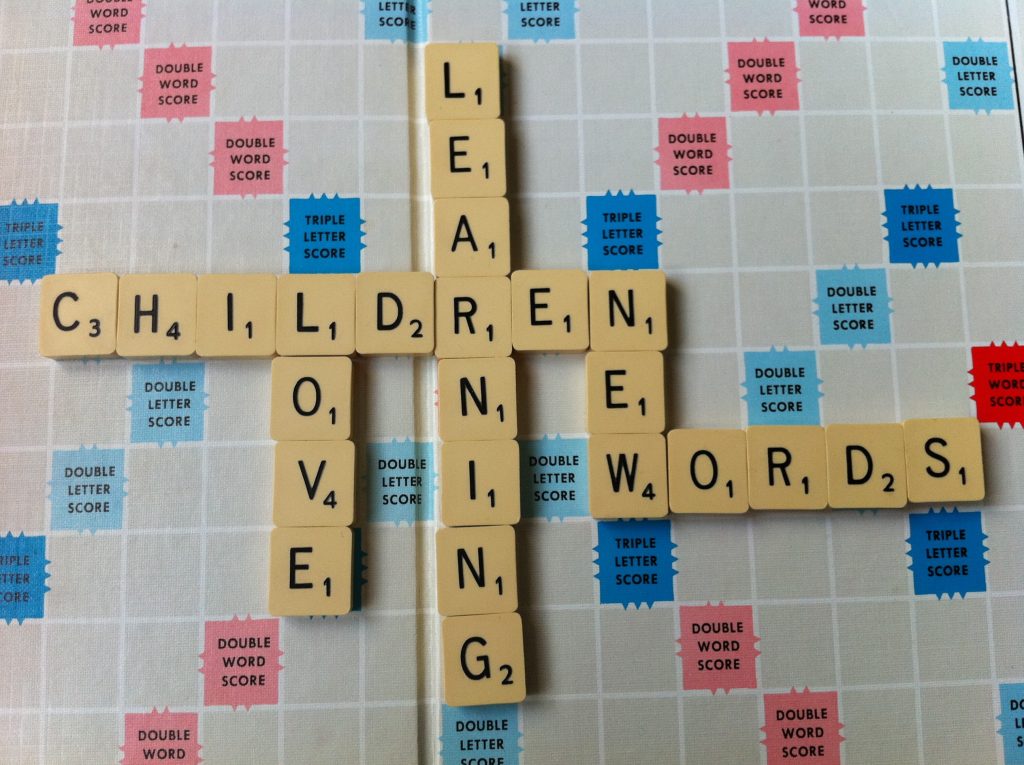
It can so happen that children are scared of reading because they can’t understand the words used in them. This is more prevalent among high school students when the language used in their textbooks starts including rich, high-grade vocabulary words.
Students can take this as a direct hit to their self-confidence and stop working on enhancing their vocabulary skills.
This eventually leads to a snowball effect, where the student is basically unable to comprehend and read properly as he moves to higher classes.
To solve this issue, you must ensure that a basic vocabulary test is administered to all students in your class.
Prepare a list of low performers and offer them sessions to improve their vocabulary. Regular usage of the dictionary must be encouraged.
Once students start to improve, begin administering vocabulary tests of a higher level to assess their performance levels.
Text Comprehension Checks
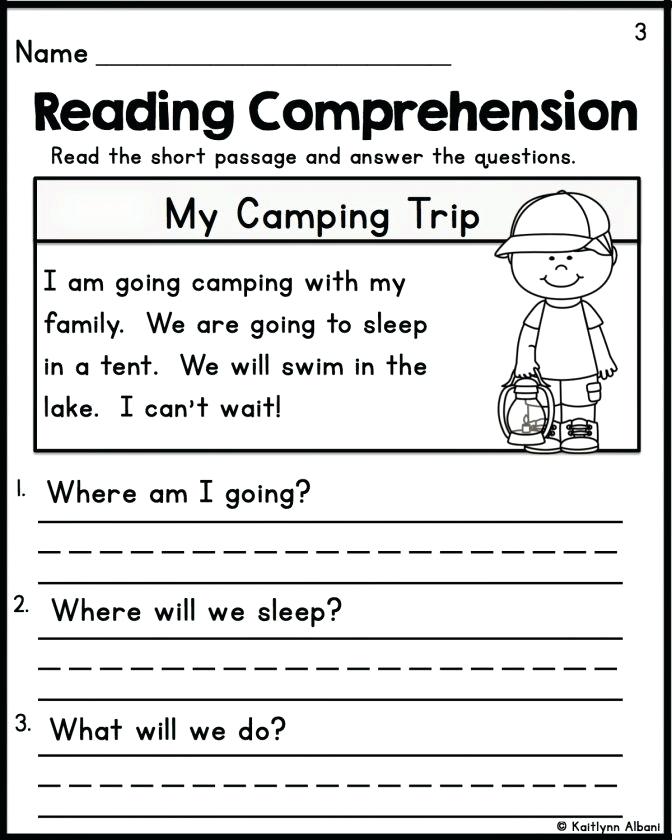
Often, it can be observed that low performing students are unsuccessful at understanding the content in a passage.
Also Read: 20 Best Education System in the World
It is seen, for example, that students merely lip-read through essential points instead of paying proper attention.
This can have severe effects as they won’t be able to understand or convey what they have learned.
Trying to reproduce it during an exam turns out to be a disaster since they wind up having only partial knowledge about the topic.
Only able to use basic level language, their papers wouldn’t be rated as highly as their more talented peers.
It is suggested that while teaching, you should encourage students to rise at regular intervals and ask questions. Problematic parts could be explained over and over again.
It will also be helpful if, during class, students are made to summarize what they just learned. This could be made at regular intervals.
The benefit is that any student who did not understand it at first attempt gets multiple chances to learn it.
Divide Students to Work in Groups

It has been observed that students with reading issues also tend to be loners. They do not interact much with others. This lack of socialization skills can cause them to fall back on their grades.
They would not be able to study with friends, who are more accessible than teachers.
Any reading issues they may have gone unnoticed since not many interact with him or analyze his grades. Even teachers fail to observe this.
You can prevent this by taking steps to divide students into small teams. Allot them tasks to do, like group projects, dramas, plays, book clubs, etc.
This leads to a rise in the number of occasions he gets to interact with his peers. He would also have to read more diligently to keep up.
When he does get bogged down, there will be a support system to help him out.
Since students are more comfortable with their peers rather than teachers, to ask doubts, this would lead to an acceleration of his progress.
Assign Projects
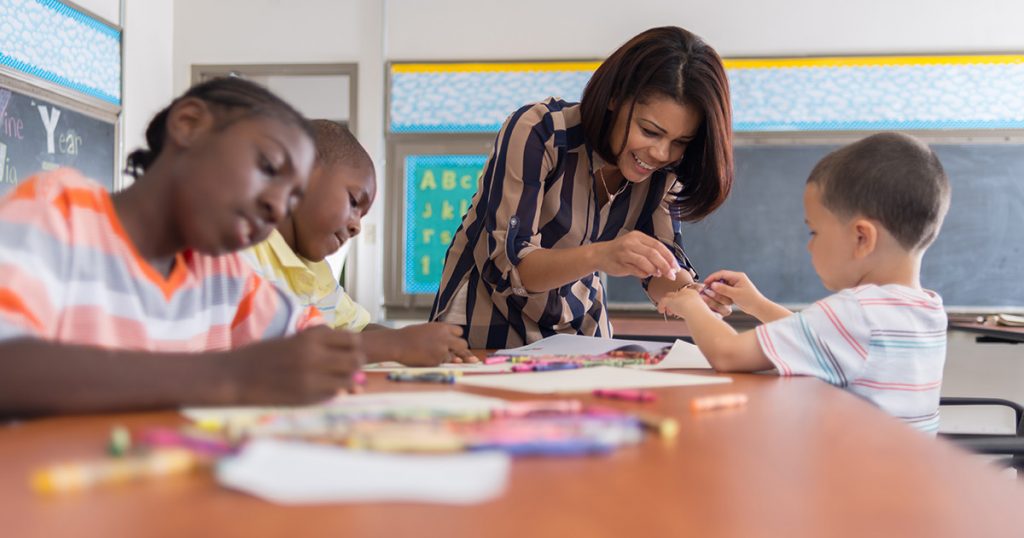
Students can be assigned books or topics to be studied and analyzed. In the end, ask them to submit a report. A positive consequence is that students would go through the book diligently to make a book report.
Help out the student with any doubts he has. Give him the freedom to select any book of his choice, as long as it is challenging enough.
He can be asked to present his book report in public and read from it. Since it is his own language, he should have no difficulties in doing so. Regular projects can improve his reading abilities.
Regular Reading Sessions at Class
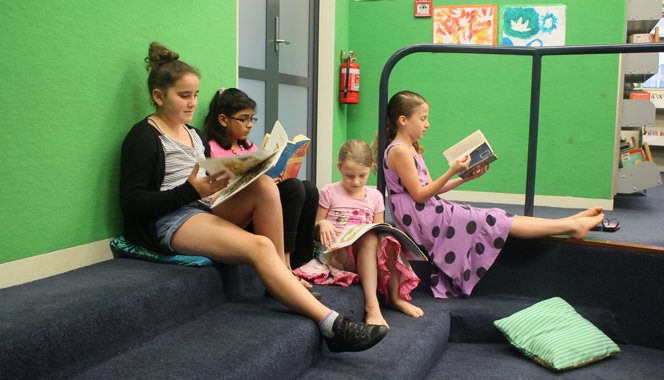
A helpful way to get students more comfortable with reading is by enabling them to read before the whole class.
Although stage fear might overcome them at first, they will slowly learn to shed their concerns and start speaking more freely in class.
The advantage is that now, you will be able to correct their errors as they speak.
If a student mispronounces a word, you can immediately fix it. If a student gets stuck at a particular sentence, gently nudge him to read, offering helpful hints when you can.
This will shower with a tremendously positive effect, not only on the student but on the entire class as well.
Once they begin to trust that the teacher is genuinely looking out for their good, they might show enthusiasm to participate in the reading sessions.
Token prizes could also be given to students who showed the most improvement, thus propelling them for more reading. Students, who were not successful, can be given helpful hints.
They can be prepared and coached for the next reading session, emphasizing on places where he failed previously.
Once a student starts being appreciated for his reading, it is likely to turn into a habit.
Encourage Students For Borrowing Books From The Library

The best way to improve reading abilities is to only read. Encourage students to read out loud, not just their academic textbooks, but also books from the library. A limit should be set for the minimum number of books to be read in a particular month; reward students who accomplish it.
Also Read: Top 12 School Bus Driving Games in 2019
Ask them questions about the books to ensure that they really comprehended every bit of it.
Students often do not read books due to a lack of relatable content. To solve this, teachers should assign students with books that are closer to their reading levels. They can slowly be given books with a higher vocabulary level as they progress.
Use Rich Vocabulary With Proper Pronunciation While Teaching.
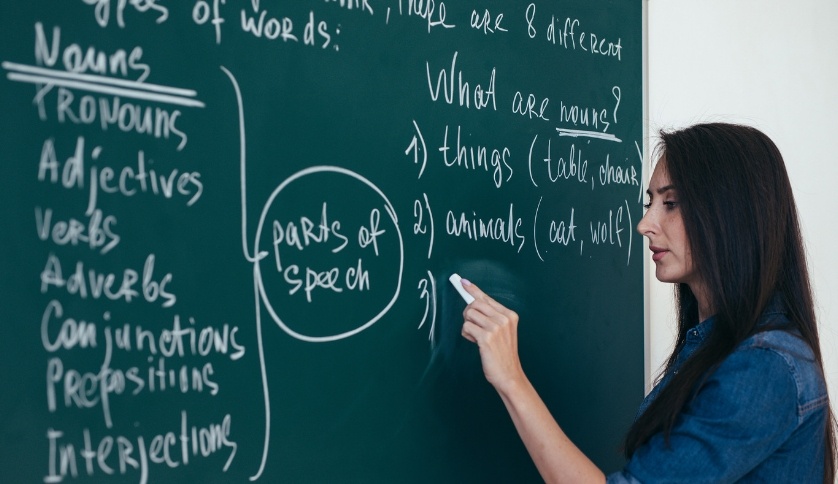
Students look up to their teachers in a variety of aspects. If teachers begin to use rich, high-end words during their teaching session and also explaining its meaning, this will help students expand their vocabulary.
Reading becomes much more fun. Imitate voices that are funny while teaching. If students feel the lecture to be entertaining and not dull, they will pay more attention to class.
Later on, when they get back home and read, they would be immensely helped by this innovative style of teaching.
It is said that students find it easier to read when they’ve already heard the same line read to them by someone else. A diligent teacher who follows this policy would help many reading skill deficient students.
Provide Personalized Attention To Dyslexic Students
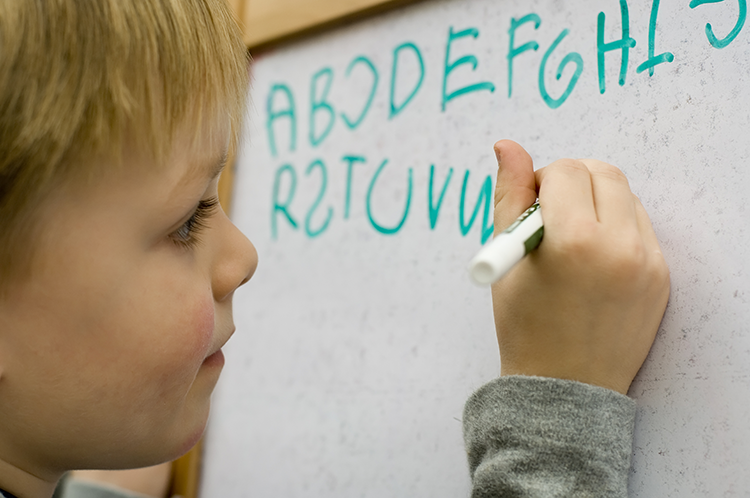
Reading can also be a significant block for students suffering from dyslexia. In such cases, it is advised that dyslexic students be handled by an expert teacher, who is well versed in such issues.
Dyslexia cannot be controlled by routine methods. Instead, it requires personalized attention from a teacher who is aware of various new teaching methods.
They can make use of a variety of techniques, like picture-word correlation, etc. to teach concepts to dyslexic students.
Slowly, with the right amount of coaching and preparation, even dyslexic students can top a batch of normal students in reading.
Audiobooks
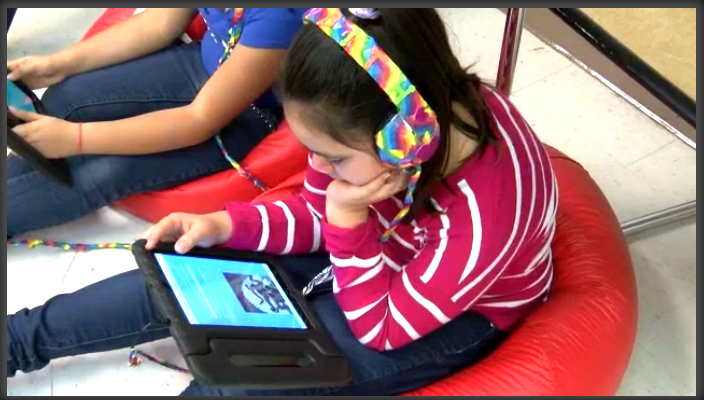
Audiobooks can be combined with regular books. Using them side by side, a student can read a physical book, while also referring to the audiobook at any places he gets stuck at.
Proper pronunciations and diction can be learned in this way. Plus, an audiobook can be rewound and paused at any time for the student to play catch up. The student has the freedom to learn at his convenience.
Conclusion
Teachers are the ones who are truly capable of helping their students. Without their active cooperation, it would become challenging indeed to train students for greater heights and responsibilities.
Teachers should make use of these few points, which are invaluable for enhancing the reading skills of their students.
Recent Blogs
Our Educational Services
Popular Blogs
Subscribe

SUBSCRIBE TO OUR NEWSLETTER
Sign Up and Recieve the Latest News
Don’t Worry, We Don’t SpamExplore Our Extensive Researched Educational App Directory
Visit Now
